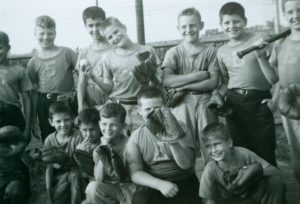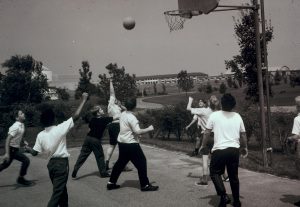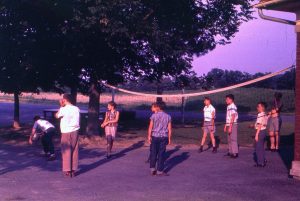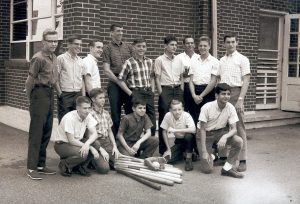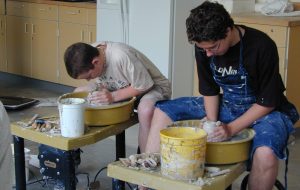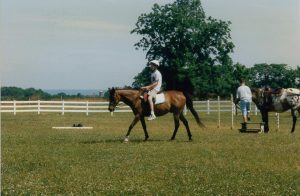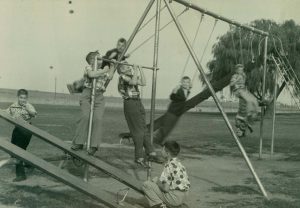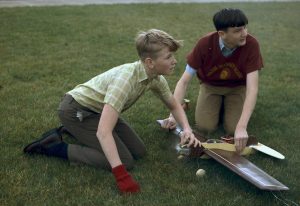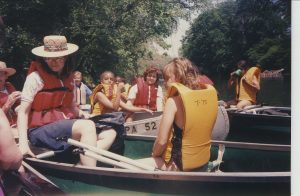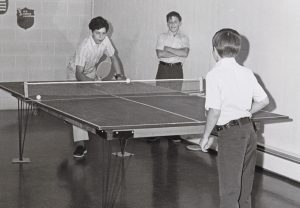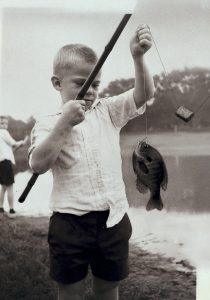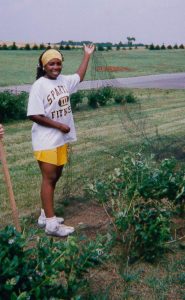Summers at MHS: A Historical Look
When Milton and Catherine Hershey created Milton Hershey School in 1909, recreational programming was an important part of their vision—it would help make their school a home.
In a 1927 article in Success Magazine, Milton Hershey echoed this objective: “The play spirit and the sense of fairness that goes with it is very important, and you learn it better in a place like this, where there’s plenty of chance to play, than anywhere else. I insist that the orphan boys here have plenty of play time, indoors and out, and take part in plenty of games.”
In 1964, the school hired a Director of Recreation to formalize the recreation programming and the goal was to “prepare the boys to become useful and contributing citizens through introducing them to a variety of leisure-time activities, many of which they will use after leaving the school.”
From flag football, chess and model airplanes to theater workshops, trips to state parks, and an ice-cream making program, take a look at what summers have been like at Milton Hershey School over the years.

Intramural Sports
Throughout history, the school’s intramural program allowed every student to find an activity that interested them. They could choose between baseball, basketball, flag football, hockey, swimming, soccer, and track and field to table games of ping pong, checkers, card playing, and chess.
During the mid to late 1960s, recreation rooms and outdoor basketball courts became standard equipment at the student homes.

Hobby Program
Milton Hershey School’s hobby program was known as Spartan Hobby Posts, which taught students how to serve as leaders for a wide range of activities.
Students could choose from gymnastics, slot car racing, fly tying, physical fitness, art, music, photography, ham radio, model airplane making, calf showmanship, and trapping.

Summer Enrichment
In 1992, the recreation program transitioned to “Summer Enrichment.” Highlights of the Summer Enrichment program included piano and voice lessons, theater workshops, sports, swimming lessons, ceramics and sculpture, photography, rocketry, and academic enrichment. Students also enjoyed trips to state parks and the beach with the opportunity to hike, have cookouts, and swim.
Summer programming expanded the next year with the creation of the “Summer of Opportunities” program. Academic, residential, athletic, recreation, and performing arts staff coordinated programming so students would have summer days filled with fun and enlightening activities.

Ice Cream Making
During the 1995-96 school year, the Spartan Ice Cream Center opened and continues to be a popular program today as part of the Agricultural and Environmental Education (AEE) program. Students are involved in every step of the ice cream-making process, including designing and printing labels, advertising, customer service, and inventory control and management. The goal is to help students develop entrepreneurial and problem-solving skills through an authentic, student-run business model.
Spartan ice cream is known for being thick, creamy, and extremely fresh. Made with milk, cream, sugar, and various mix-ins like candy and fruit, MHS students create approximately 32 premium flavors that are available on rotation throughout the summer.
Students incorporate fresh fruit, including peaches and strawberries that are grown on campus. They make the ice cream continuously throughout the summer, which means it’s rarely more than one or two days old and always at peak freshness.
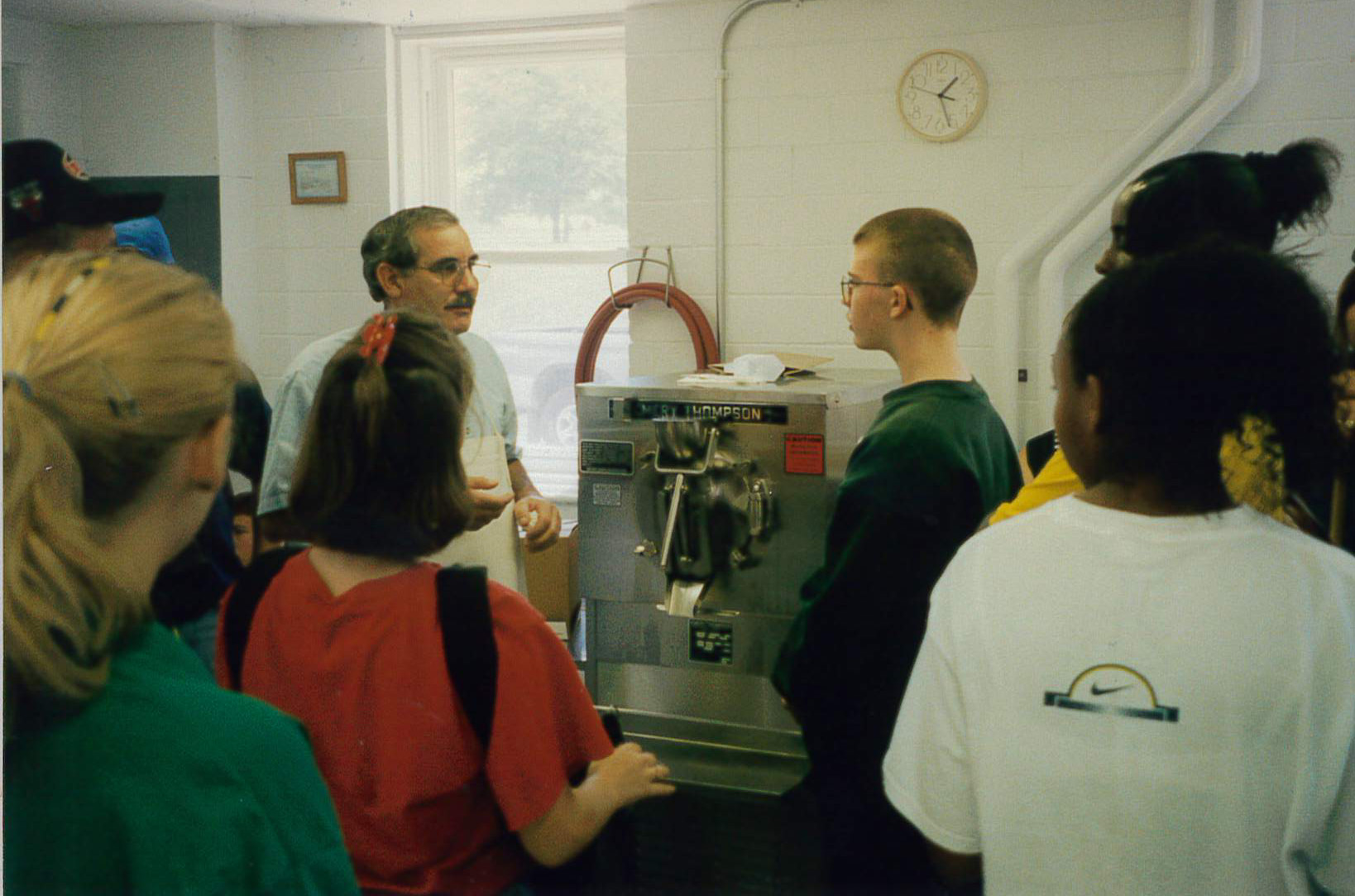
Because many MHS students choose to stay at the school during summer and holiday breaks throughout the year, these enriching activities occur all year long. Milton Hershey School’s Year-Round Experiences (YRE) program gives students of all ages a safe environment to expand on their classroom knowledge through exciting activities that lead to lifelong memories.


